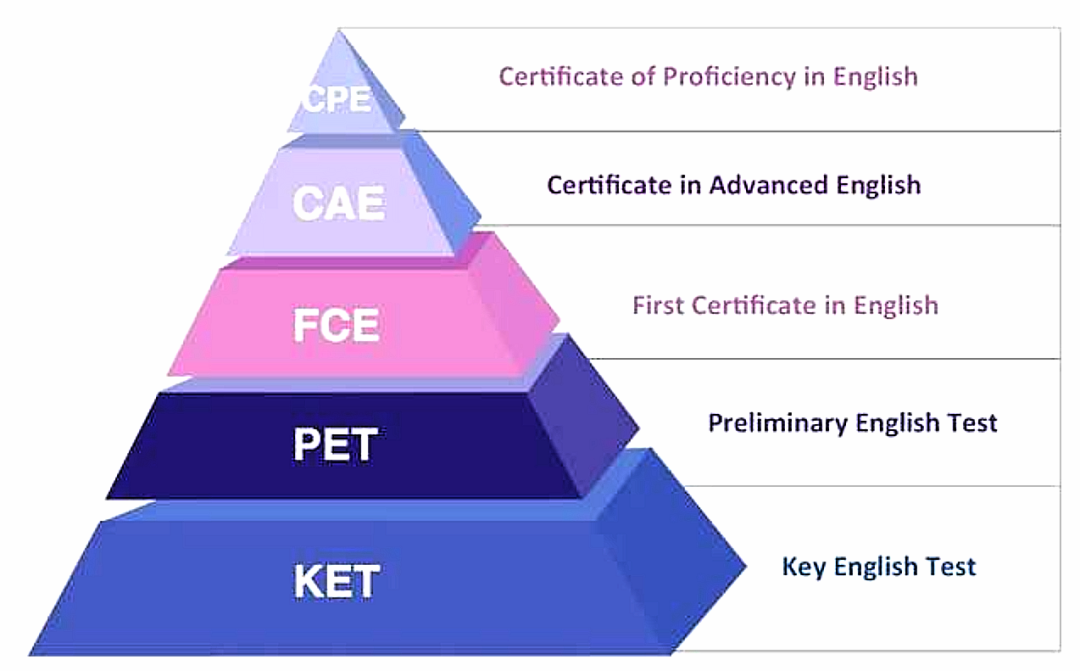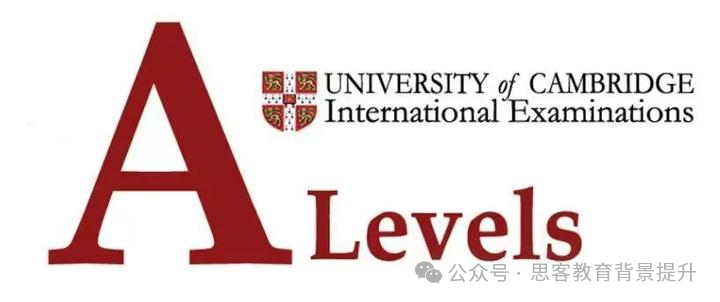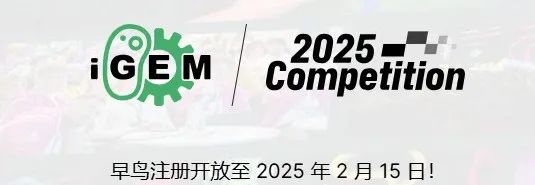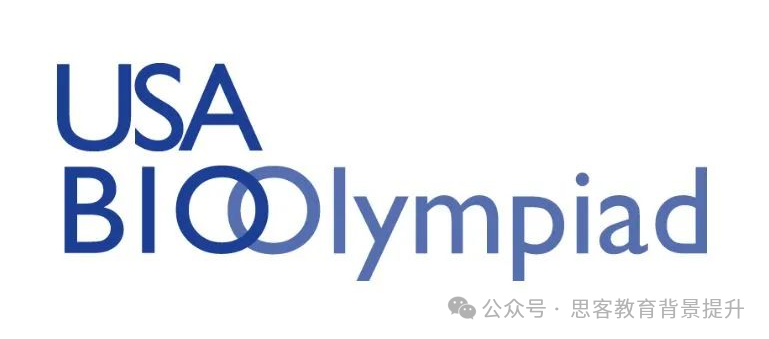本期为大家推荐代尔夫特理工大学、皇家理工学院最新2025岗位制博士项目信息。
代尔夫特理工大学
PhD Position on the Energy Transition - Business Dynamics of Decentral Flexibility Designs
TU Delft | Faculty of Technology, Policy & Management
Salary range:€2872 - €3670
APPLICATION DEADLINE:3 Jan 2025
Job Description
Decentralized flexibility is pivotal to the energy transition. Numerous companies, start-ups, pilot projects, and not-for-profit organizations offer decentral flexibility solutions to integrate renewable energies, provide storage capacity, balancing power and resilience for electricity grids. Decentral flexibility designs include, among others, peer-to-peer energy trading, flexibility aggregation of home batteries, heat pumps, and electric vehicles, as well as energy communities. These designs represent different pathways to achieving decentralized flexibility, each offering distinct benefits. While some of these designs have proved successful, others have not.
This PhD project investigates the systemic factors that cause decentral flexibility designs to succeed or fail in European energy markets. The aim is to analyse whether a convergence towards certain designs can be expected and where tipping in the diffusion could emerge. The PhD thesis should result in a set of policy recommendations for companies and governments to further stimulate the spreading of decentral flexibility. A mixed-method approach is foreseen for the PhD thesis. The methods applied in this PhD project are a market and literature review, System Dynamics modelling, and empirical analysis.
The candidate is expected to contribute to the stimulating intellectual environment at the Faculty of Technology, Policy, and Management at TU Delft and to support its portfolio of teaching and knowledge transfer activities. Supervision of the PhD project will be shared byDr. Özge OkurandDr. Merla Kubli, withProf. Dr. Martijn Warnieras the promotor.
Job Requirement
- Master’s degree in Engineering and Policy Analysis, Complex System Engineering, Sustainable Energy Technologies, System Dynamics, or a similar degree related to energy transition, sustainability, or management.
- Methodological experience in System Dynamics modelling or strong willingness to develop such skills.
- Strong interest in the energy transition, in particular decentral flexibility and energy communities.
- Affinity with qualitative research and/or empirical surveys.
- Curiosity to research complex socio-technical systems, professionalism to engage in transdisciplinary collaborations and ability to manage a long-term research project.
- Proficiency in English, including strong writing skills. Dutch language skills are welcome but not mandatory.
- Open communication and team player qualities.
Doing a PhD at TU Delft requires English proficiency at a certain level to ensure that the candidate is able to communicate and interact well, participate in English-taught Doctoral education courses, and write scientific articles and a final thesis. For more details please check the Graduate Schools Admission Requirements.
Conditions of employment
Doctoral candidates will be offered a 4-year period of employment in principle, but in the form of 2 employment contracts. An initial 1,5 year contract with an official go/no go progress assessment within 15 months. Followed by an additional contract for the remaining 2,5 years assuming everything goes well and performance requirements are met.Salary and benefits are in accordance with the Collective Labour Agreement for Dutch Universities, increasing from € 2872 per month in the first year to € 3670 in the fourth year. As a PhD candidate you will be enrolled in the TU Delft Graduate School. The TU Delft Graduate School provides an inspiring research environment with an excellent team of supervisors, academic staff and a mentor. The Doctoral Education Programme is aimed at developing your transferable, discipline-related and research skills.The TU Delft offers a customisable compensation package, discounts on health insurance, and a monthly work costs contribution. Flexible work schedules can be arranged.
Additional information
If you would like more information about this vacancy or the selection procedure, please contact Dr. Merla Kubli and Dr. Özge Okur, via m.d.kubli@tudelft.nl and o.okur-1@tudelft.nl.
Application procedure
Are you interested in this vacancy? Please apply no later than 3 Jan 2025 via the application button and upload the following documents merged into one PDF file:
- CV.
- Motivational letter (including an indication of when you could start the position earliest).
- Contact details of two references.
- Master diploma including the grades, or if not yet fully graduated the master grade transcript.
- A writing sample (usually the master thesis or a seminar paper).
Interviews are foreseen to be held in January 2025. The successful candidate is expected to start the position within the period of February-June 2025 or based on mutual agreement. Please state in your application when you could start the position at the earliest.
You can address your application to Dr. Merla Kubli, Dr. Özge Okurand Prof. Dr. Martijn Warnier.
For information about the application procedure, contact the HR Advisor Martine van de Vorst, email:recruitment-tbm@tudelft.nl.
皇家理工学院
Doctoral student in sprayed solar cells
KTH | School of Engineering Sciences in Chemistry, Biotechnology and Health
APPLICATION DEADLINE:10 Jan,2025
Project description
Third-cycle subject:Fibre and Polymer Science
In our group, we focus on organic and electronics and solar cells based on sustainable, bio-based materials. Starting from the thinnest conductive paper, we use advanced thin film technologies to apply functional layers by spray deposition as rapid, versatile, scalable, and industrially relevant thin film technology. This project aims to develop novel all-sprayed solar cells. Here, it is crucial to elucidate the underlaying nanostructure-process-functionality (e.g. photovoltaic efficiency) relationship; thus, the work includes design and development of spray deposition for cellulose-based polymer solar cells including in situ experiments at synchrotron radiation facilities, such as MAX IV in Lund, at synchrotrons in Germany, Europe, and USA as well as neutron scattering at European and international neutron sources. We thus expect the student to travel abroad for experimental work.
Supervision: Prof. Stephan V. Roth, Prof. Daniel Söderberg, and Prof. Eva Malmström are proposed to supervise the doctoral student. Decisions are made on admission.
Admission requirements
To be admitted to postgraduate education (Chapter 7, 39 § Swedish Higher Education Ordinance), the applicant must have basic eligibility in accordance with either of the following:
- passed a second cycle degree (for example a master's degree), or
- completed course requirements of at least 240 higher education credits, of which at least 60 second-cycle higher education credits, or
- acquired, in some other way within or outside the country, substantially equivalent knowledge
Project specific requirements:
- Master’s degree in Nanoscience, Physics, Chemistry, Polymer Science, or equivalent.
- Interest and ability to perform fieldwork using large-scale characterisation facilities
In addition to the above, there is also amandatory requirement for English equivalent to English B/6.
Selection
In order to succeed as a doctoral student at KTH you need to be goal oriented and persevering in your work. During the selection process, candidates will be assessed upon their ability to:
- independently pursue his or her work
- collaborate with others,
- have a professional approach and
- analyse and work with complex issues.
- to speak and write in English since it is required in the daily work. The applicant should have documented skills to present findings in writing and orally.
Other preferred qualifications:
- Knowledge in organic solar cells, X-ray scattering, thin film technology.
- Knowledge in processing technologies, e.g. spin-coating, slot-die coating, spray deposition, as well as semiconducting polymers
After the qualification requirements, great emphasis will be placed on personal skills.
To apply for the position
Apply for the position and admission through KTH's recruitment system. It is the applicant’s responsibility to ensure that the application is complete in accordance with the instructions in the advertisement.
Applications must be received at the last closing date at midnight, CET/CEST (Central European Time/Central European Summer Time).
Applications must include the following elements:
- CV including your relevant professional experience and knowledge.
- Application letter with a brief description of why you want to pursue research studies, about what your academic interests are and how they relate to your previous studies and future goals. (Maximum 2 pages long)
- Copies of diplomas and grades from previous university studies and certificates of fulfilledlanguage requirements (see above). Translations into English or Swedish if the original document is not issued in one of these languages.Copies of originals must becertified.
- Representative publications or technical reports. For longer documents, please provide a summary (abstract) and a web link to the full text.













